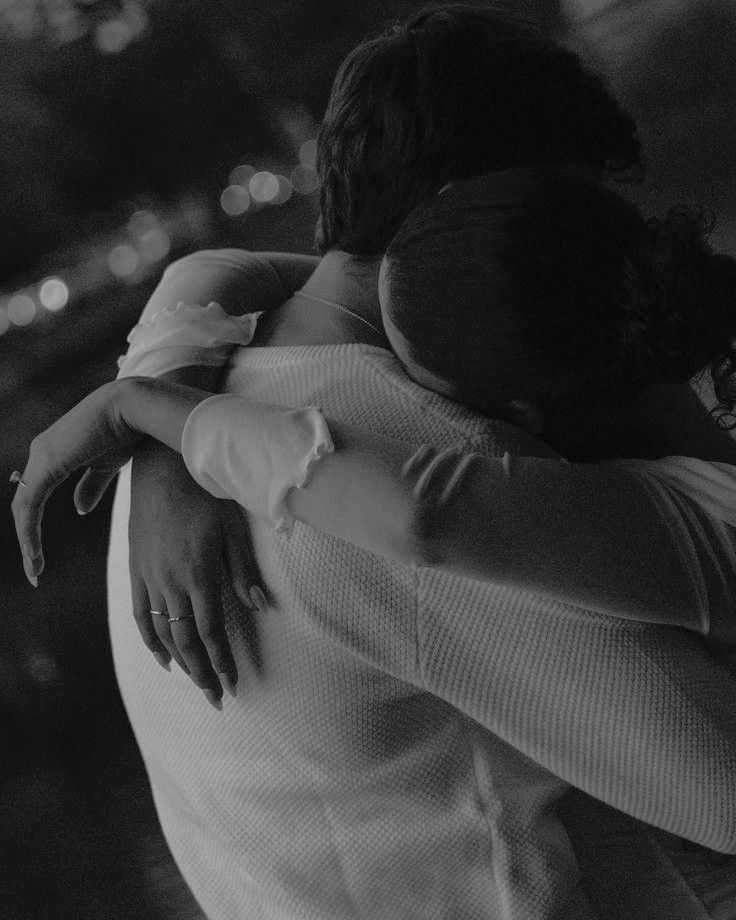The sun filtered in through the tall windows of the lecture hall at St. Xavier’s University, casting long shadows on the spotless floor. Students bustled in, some eager, others groggy, but all alert as the sound of polished black Oxfords echoed through the corridor.
Professor Veeresh Rathore entered with his usual crisp white shirt tucked neatly into a pair of tailored black trousers, his watch ticking sharply, as if synchronized with his every step. To the world, he was calm, composed, brilliant—a man of intellect and discipline. His lectures were precise, his tone steady, and his aura untouchable. Students admired him. Colleagues respected him. But no one truly knew him.
Because Veeresh was a man who wore masks.
Behind that quiet charm and calculated smile was a soul aching for something much deeper—belonging.
---
Born into the proud and powerful Rathore Rajput family of Udaipur, Veeresh was the youngest son of Thakur Virendra Singh Rathore. His family had generations of warriors, leaders, and bureaucrats who never stepped away from tradition. Swords adorned the ancestral haveli’s walls, and stories of valor and honor echoed in every room.
But Veeresh had broken that legacy.
He chose knowledge over power. Books over battlefield. A chalk instead of a sword.
When he refused to take the civil services exam and instead pursued literature and philosophy, his family did not react with anger—they reacted with silence. The cruelest kind.
They disowned him emotionally, letting him live in the house, but stripping him of the warmth that once made it a home. For years now, his calls home were met with formality. Festivals were celebrated without his presence. His mother, once his biggest supporter, had turned distant. And his father—the mighty Thakur—spoke of Veeresh only with a clenched jaw.
But Veeresh never argued. He never justified.
Because beneath that rejection, beneath that cold treatment, Veeresh carried guilt. A past that he had buried deep—one that he had never spoken of again.
Even now, when he stood at the podium speaking about love in literature, quoting Shakespeare or Rumi, it wasn’t academic for him. It was personal.
He yearned for love—not the fleeting, poetic kind—but the kind that stays through storms. The kind that heals. That forgives.
But he didn’t believe he deserved it.
---
That evening, after lectures ended, Veeresh walked alone through the university gardens. Students greeted him as he passed, and he nodded in return, polite but distant. He sat under the old banyan tree—his usual spot—and stared at the twilight sky.
In his pocket was a photograph. Faded, worn from being folded a hundred times. A girl with a soft smile stood beside him in it, her hand barely touching his. A girl from his past. A promise never fulfilled. A mistake he still carried.
The wind rustled the leaves above as if whispering to him. And for the first time that day, his face dropped its smile.
Here, alone, he wasn’t the professor. He wasn’t the pride or shame of the Rathores.
He was just a man—Veeresh—broken, longing, and unseen.
And destiny was preparing to shake his world.
Because soon, at a wedding he never planned to attend, a twist would change everything.
He would no longer be the professor in control.
He would become the replaced groom.





















Write a comment ...